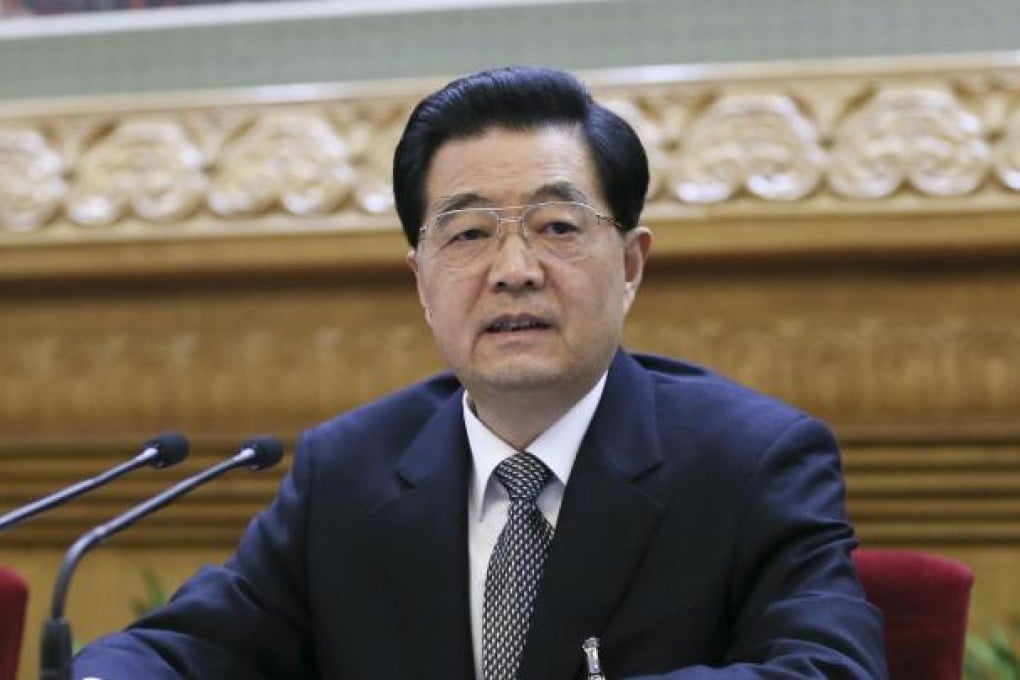Exclusive: Hu Jintao set to step down as military chief
Outgoing leader decides to retire and clear way for Xi Jinping, breaking from the unpopular precedent set by his predecessor Jiang Zemin

Outgoing President Hu Jintao will formally relinquish his position as military chief at the end of the 18th party congress this week, according to sources.
His decision to opt for complete retirement surprised many analysts, who had expected him to keep the top job at the party's Central Military Commission.
Hu, 70 next month, will also step down as party chief at the congress and as president in March, to make way for his designated successor, Xi Jinping, when the congress concludes on Wednesday.
Marking the first clean transfer of power the Communist Party has seen in two decades, Hu's move will break with a precedent his predecessor Jiang Zemin set 10 years ago.
In 2002, Jiang chose to cling to the top military post for two more years after his 13-year reign as party chief ended. Hu did not take over control of the military until September 2004.
The decision proved to be immensely unpopular and fuelled fierce criticism both inside and outside the party. Many accused Jiang of jeopardising leadership succession plans envisaged by late paramount leader Deng Xiaoping and upstaging Hu, who Deng anointed to succeed Jiang. Hu is said to be keenly aware of the high stakes in his decision on whether to retain the post as CMC chairman.